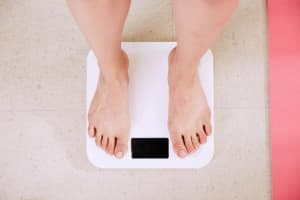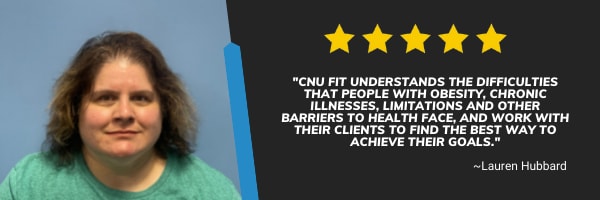
There are a lot of ideas out there on how to lose weight, and it can become extremely convoluted trying to figure out what’s right for you. There is a basic principle you do have to follow in order to lose weight- you have to use (or burn) more calories than you consume. But does this mean consuming extremely few calories in order to lose weight? Not necessarily. Our approach to weight loss and nutrition is to feed your metabolism in order to change your body composition- lose fat, tone, and feel great in your clothes. Yes, you need a caloric deficit for weight loss. No, you do not need to spend the next few months hungry and without energy. While you may need to give up a nightly pint of ice cream routine, you do not need to give up feeling satisfied. When you drastically reduce calories, your metabolism will eventually slow down to match this pattern of calorie consumption. You don’t consume much energy, so your body doesn’t use much energy. This means that you may see initial weight loss when cutting calories, but weight loss will likely plateau, leaving you hungry and looking for answers on what to do next. By eating more of the right foods, you can feed your metabolism and still lose weight. This means consuming mainly whole foods (i.e. vegetables, meat, seafood, etc) and eating the appropriate combination of macronutrients for your body. You will still operate at a caloric deficit, just a smaller deficit than a low calorie diet, and will be able to perform optimally while still seeing the number on the scale go down. It’s also important to point out that the scale is only one indicator of progress, and it is not always the best one. It does not tell you what kind of weight you’ve lost- fat, muscle, water, etc. If you gain half a pound of muscle, this is not a bad thing! And consider this- a pound is 3500 calories. So you need to burn an additional 3500 calories above what you need to survive in order to lose a pound. Unless you ate nothing and did a WHOLE lot of exercise in a day, if your scale is a pound lighter on Wednesday morning than Tuesday morning, you likely lost a good amount of water weight. The type of weight we are losing is important. So how much should you be eating, and what should you be eating? You can work with a nutritional coach to find what works best for you, as it is a little bit different for everyone. It may change as your body and lifestyle change, and a coach can help with this, too! Learn how to feed your body to lose weight.


